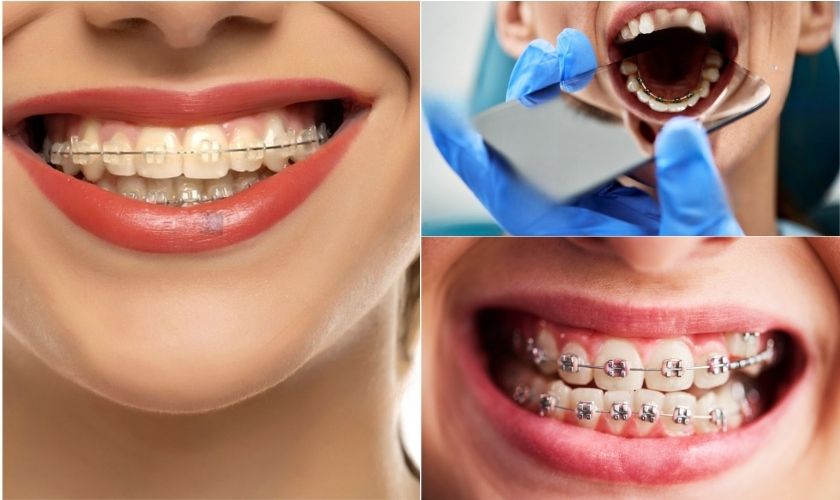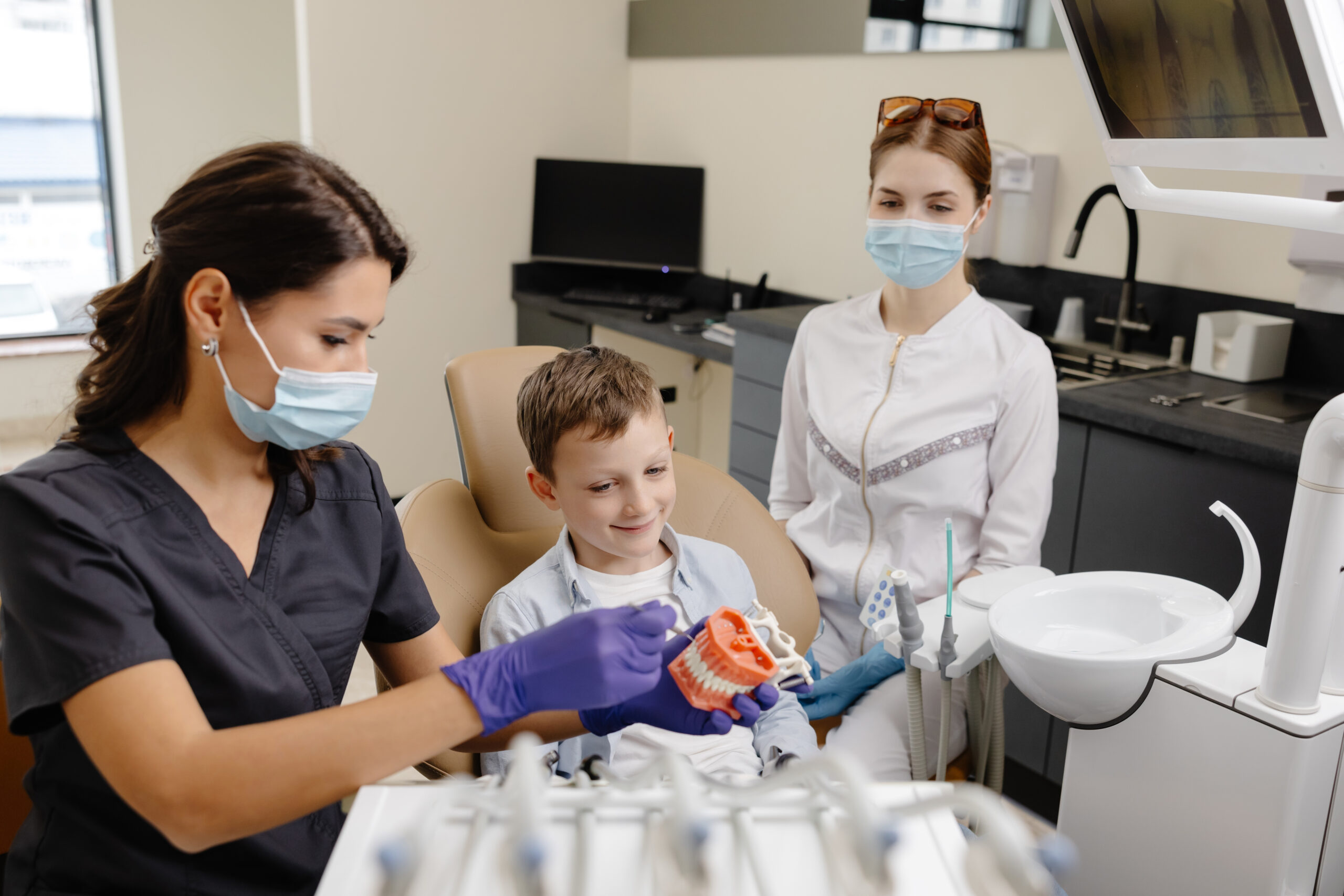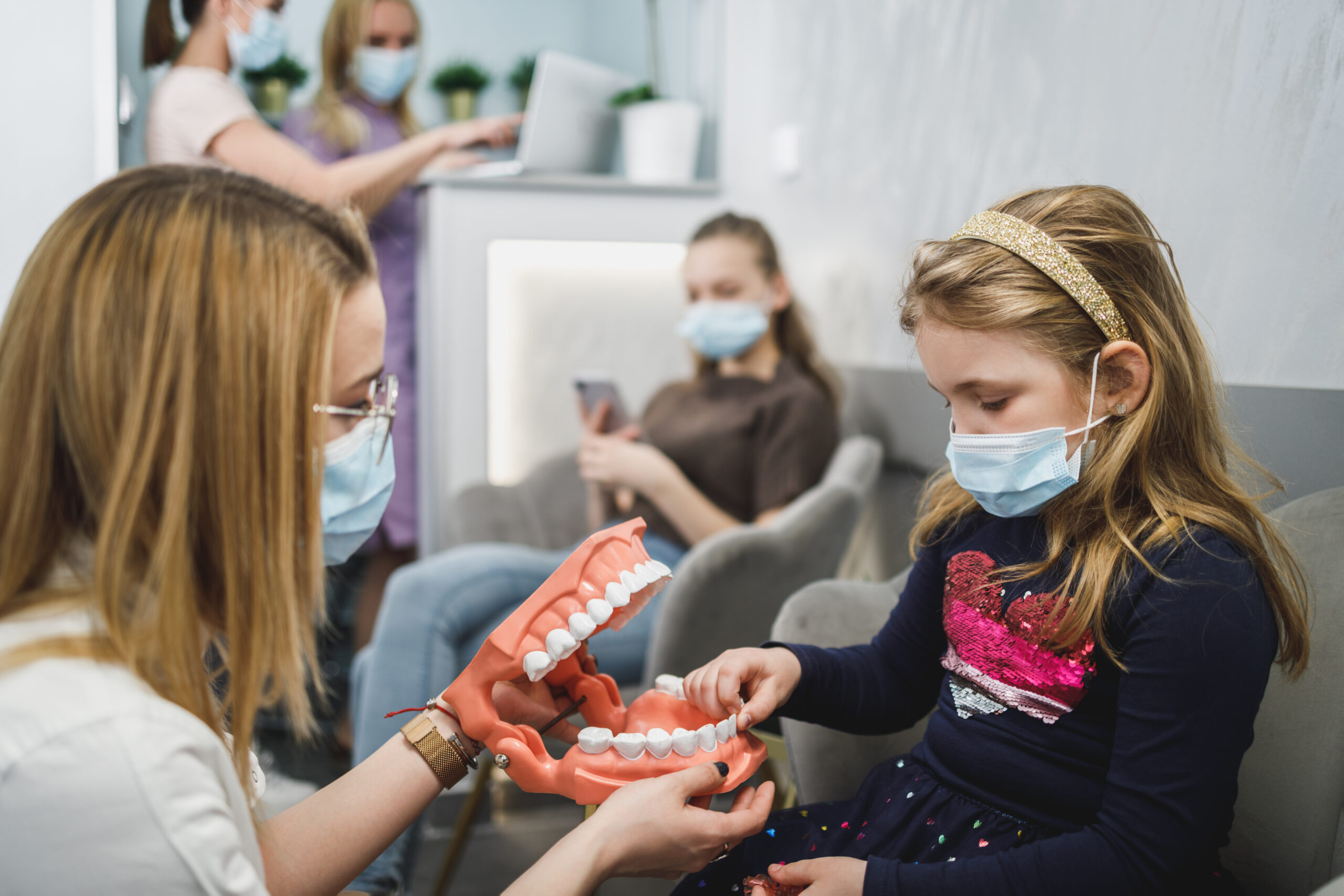Most dental issues like cavities and gum disease develop without pain in their early stages.
General dentistry serves as the life-blood of lasting oral health and stands as your first defense against potential problems. Dental procedures can feel intimidating, especially if you’re new to them.
Your dentist uses specialized instruments, tests, and clinical expertise to diagnose issues before they become serious during regular dental examinations. Regular visits every six months give you a chance to ask questions about your oral health and catch problems early, when treatment costs less and feels more comfortable.
Understanding dental procedures can help you feel more at ease at your next visit. This applies to everything from basic cleanings and fillings to complex treatments like root canals and extractions. This piece walks you through preparation steps for dental procedures of all types, so you’ll feel confident at your next appointment.
Understand the Procedure You’re Getting
A good understanding of your dental visit will help reduce anxiety and give you the best results. You’ll feel more in control of your dental health experience when you know what to expect and how to prepare.
Know the type of dental procedure
Before your dental appointment, you need to understand the exact procedure you’ll have. Here are the main categories of dental procedures:
- Preventive procedures: Regular cleanings, fluoride treatments, and sealants
- Diagnostic procedures: X-rays, examinations, and oral cancer screenings
- Restorative procedures: Fillings, crowns, bridges, and implants
- Cosmetic procedures: Whitening, veneers, and bonding
- Surgical procedures: Extractions, gum surgery, and implant placement
Knowing your procedure’s category will help you prepare mentally and understand what’s involved. This knowledge also helps you ask better questions about your treatment.
Ask your dentist for a detailed explanation
After identifying your procedure, ask your dentist to explain it in detail. You might feel nervous at first, but note that dentists want their patients to feel comfortable and informed. Don’t hold back your questions.
Here are key questions to ask:
- What exactly will happen during the procedure?
- How long will it take?
- What type of anesthesia or pain management will be used?
- Are there any risks or potential complications?
- What alternatives might be available?
Write down the important points during your conversation to reference later.
Review the dental procedures list if unsure
Your dentist’s explanation might leave you with questions. Most dental offices provide educational materials about common procedures. You can also find detailed information about dental treatment procedures online.
Stick to reliable sources like dental association websites or educational institutions instead of forums or social media. This way, you’ll get accurate information rather than misleading stories. A clear understanding of your procedure will reduce your anxiety and help you make better decisions about your dental care.
Prepare Your Body and Mind
Your physical and mental preparation plays a key role in successful dental procedures. The right approach will help you stay comfortable and safe during your dental visit.
Avoid eating before certain procedures
Your fasting needs will depend on the type of sedation used in your dental procedure. Patients getting intravenous sedation should avoid food or drinks for 8 hours before their appointment. Clear liquids are fine up to 4 hours before. Those scheduled for nitrous oxide (“laughing gas”) should skip food and beverages, even water, for at least 3 hours beforehand.
Procedures with local anesthesia only need lighter restrictions. You should avoid eating for about 3 hours before your appointment. Your dentist will give you specific instructions to keep you safe and ensure the anesthesia works well.
Stay away from alcohol and recreational drugs for at least 72 hours before your procedure. These substances can react badly with anesthesia medications.
Discuss medications with your dentist
Tell your dentist about all your medications before any dental treatment. This list should have your prescription drugs, over-the-counter medicines, and supplements. Blood thinners like aspirin might increase your risk of bleeding.
Women should know that some antibiotics can affect their birth control’s effectiveness. Ask your pharmacist about possible interactions.
Let your dental office know if you have any illnesses like colds, sore throats, or stomach problems. You might need to reschedule your appointment.
Manage dental anxiety with relaxation techniques
Dental anxiety affects patients of all ages. Here are some quick ways to help you feel better:
- Deep breathing exercises: Take slow, deep breaths through your nose, hold briefly, then exhale through your mouth. This helps your body relax naturally.
- Visualization: Picture yourself in a peaceful place with your eyes closed. Use all your senses to create a vivid mental image.
- Progressive muscle relaxation: Start from your toes and work up. Tense each muscle group and then relax it.
Book your appointment early in the morning when the office is less busy to reduce stress. Talk openly with your dental team about your concerns. They can adjust their approach to make you more comfortable.
What to Do on the Day of the Appointment
Your preparation at the time of your dental appointment affects how well your procedure goes. A well-planned approach will give you a smooth experience.
Arrive early and bring your documents
Getting to your appointment 15-20 minutes early gives you time to handle paperwork and get mentally ready for the procedure. Your dentist will appreciate your punctuality, and you’ll feel more relaxed without rushing.
Bring these items with you:
- Your dental insurance card
- List of current medications with dosages
- Previous dental records or X-rays (if you’re seeing a new dentist)
- Any forms given to you ahead of time
Wear comfortable clothing
Choose loose, comfortable clothes for your dental visit. Short-sleeved shirts work best especially when you have sedation because they allow easy monitoring of vital signs and IV placement. Skip wearing precious or meaningful clothes that dental materials or water might damage.
Follow pre-procedure instructions carefully
Your safety depends on following pre-procedure guidelines strictly. Patients getting intravenous sedation should not eat or drink anything, even water, for 8 hours before the appointment. You should also avoid smoking for at least 12 hours before surgery. Sedation patients need a responsible adult to come to the office, stay during the procedure, and drive them home afterward.
Aftercare and Recovery Tips
Your recovery success after dental procedures largely depends on how well you follow post-treatment care. Good aftercare speeds up healing and helps you avoid complications that might need extra treatment.
Follow post-procedure care instructions
Your dentist’s prescribed medications need strict adherence – this includes antibiotics to fight infection and pain relievers to manage discomfort. You should place ice packs on the affected area in 15-minute intervals to reduce swelling in the first 24-48 hours. Blood clots protect extraction sites, so avoid straws, smoking, or vigorous spitting that could dislodge them and cause painful dry sockets. Stick to soft foods such as yogurt, soup, and applesauce. Stay away from hot, spicy, or crunchy foods that might irritate your surgical site.
Know what symptoms are normal
Most dental procedures cause some bleeding, swelling, and discomfort that peak within 48 hours. Tooth extractions often lead to mild bruising around your lips or jaw area. Pain that gets worse after 3 days, continuous bleeding, fever above 100.4°F, or unusual drainage from your surgical site needs immediate attention.
Schedule follow-up visits if needed
Your healing progress needs monitoring through follow-up appointments every 2-4 weeks, based on your procedure. These checkups let your dentist assess bone or tissue healing and determine if you need more treatment. Gum disease treatment requires careful monitoring, and maintenance therapy works best every 3-4 months.
Maintain oral hygiene during recovery
Start gentle brushing and flossing 24 hours after your procedure, but stay away from the surgical area until your dentist gives you the green light. Warm salt water rinses after meals keep the area clean and boost healing. A soft-bristled toothbrush works best, and remember to be extra gentle around sensitive spots.
Conclusion
Good dental procedure preparation makes a huge difference in your experience and results. This piece explores the steps you need for smooth dental visits. You’ll feel less anxious and ask better questions about your treatment when you know what to expect beforehand.
Your physical preparation matters just as much. Of course, your safety during treatment depends on how well you follow guidelines about eating, drinking and taking medications. Simple relaxation techniques help you manage dental anxiety better.
You need to plan ahead on appointment day. Early arrival with your documents, comfortable clothes, and following all instructions leads to a successful visit. Your recovery becomes the main goal after that.
Good aftercare helps prevent complications. You need to follow your dentist’s instructions carefully. Watch for normal versus concerning symptoms. Keep your follow-up appointments and maintain gentle oral hygiene to recover well.
Note that your dental health links directly to your overall wellbeing. These preparation steps benefit both your oral and general health. You can face your next dental procedure with confidence and peace of mind. Your smile deserves this care and attention!
FAQs
Q1. What should I do to prepare for a dental procedure?
To prepare for a dental procedure, understand the type of treatment you’re getting, discuss any medications with your dentist, and follow pre-procedure instructions carefully. Arrive early on the day of your appointment, wear comfortable clothing, and bring necessary documents. If required, avoid eating or drinking for the specified time before the procedure.
Q2. Is it normal to feel anxious about dental procedures?
Yes, it’s common to feel anxious about dental procedures. To manage dental anxiety, try relaxation techniques like deep breathing exercises, visualization, or progressive muscle relaxation. Communicate your concerns with your dental team, as they can adjust their approach to help you feel more comfortable.
Q3. How soon can I eat after a dental procedure?
The timing for eating after a dental procedure depends on the specific treatment you’ve received. Generally, it’s best to wait until the local anesthesia wears off to avoid accidentally biting your cheek or tongue. For more invasive procedures, stick to soft foods for the first 24-48 hours and avoid hot, spicy, or crunchy items that might irritate the surgical site.
Q4. What are some signs of complications after a dental procedure?
While some discomfort is normal after dental procedures, signs of complications include severe pain that worsens after 3 days, persistent bleeding, fever above 100.4°F, or unusual drainage from the surgical site. If you experience any of these symptoms, contact your dentist immediately.
Q5. How important are follow-up appointments after dental procedures?
Follow-up appointments are crucial for monitoring your healing progress and ensuring the success of your dental procedure. These visits allow your dentist to evaluate bone or tissue regeneration and determine if further treatment is necessary. They’re particularly important after treatments like gum disease therapy or complex restorative work.








